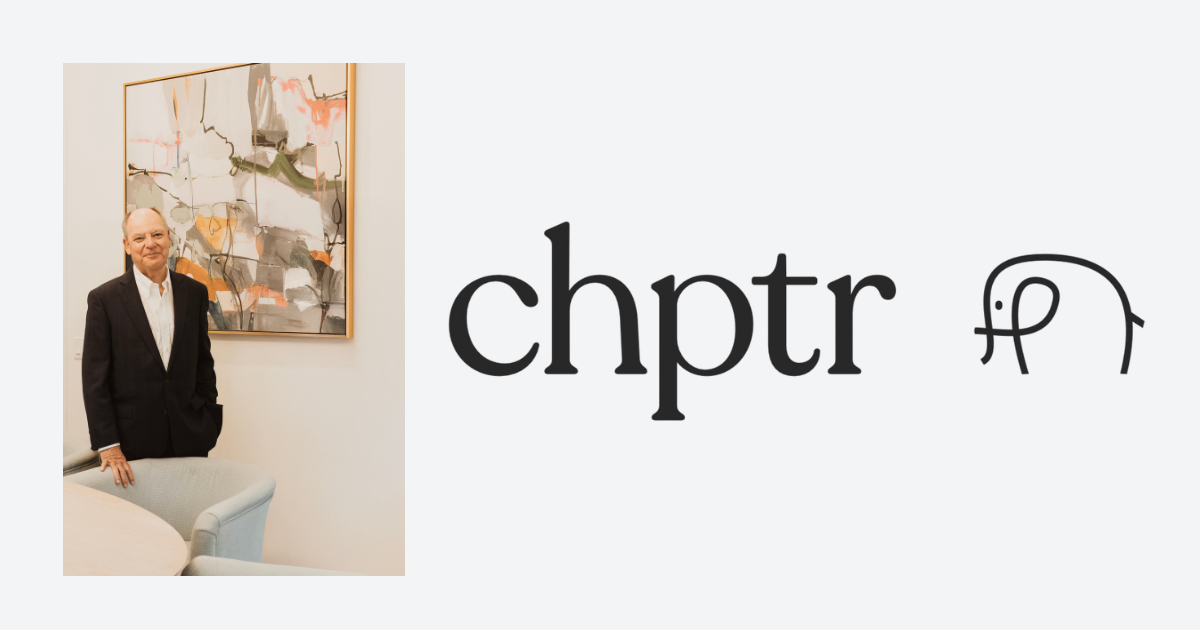What You Need to Know About Obituary Piracy
Thanks to Connecting Directors contributing writer Eric Pereira for this great article!
As if grieving over the death of a loved one isn’t enough, family members and funeral professionals need to be aware of another painful intrusion: obituary piracy.
What is Obituary Piracy?
This is the “act of stealing, copying, rebroadcasting or reusing obituaries for the purpose of generating profits or directing traffic to a particular website, or both,” according to ObitTree.com
Obituaries are a source of online traffic for funeral homes, “which is why obituary piracy is often committed to take advantage of the data or traffic associated with a particular record,” the website reads.
“Basically, a cut and paste of that text, that would be an instance of copyright infringement,” says Erin Best, who specializes in intellectual property and copyright law. Best was also responsible for prosecuting one of the most notorious cases of obituary piracy today.
How Serious Can it Get?
Multiple outlets have reported a $20 million ruling against Afterlife, a Canadian website accused of pirating obituaries and photos of dead people in order to profit from grieving families.
Newfoundland lawyer Erin Best on behalf of client Dawn Thomson, filed the lawsuit in Federal Court in Ottawa according to CBC.
Thomson was shocked to find her father’s obituary on the website, but she wasn’t the only victim. The judge found Afterlife had repeatedly violated copyright rules by using photographs and details of dead people to market flowers and other gifts to people, as reported by Global News.
Afterlife copied and pasted obituaries and photographs that had been published elsewhere and passed the content off as its own.
“Afterlife’s conduct, aptly characterized as ‘obituary piracy,’ is high-handed, reprehensible and represented a marked departure from standards of decency,” Justice Catherine Kane said.
Thomson discovered that Afterlife was “displaying her father’s obituary and photograph on its website alongside options to buy flowers and virtual candles – all without her permission,” Global News reported.
Thomson was outraged as people thought it was her attempt to profit from her father’s death.
In the States
Obituary piracy is evidently here in the U.S. as well. In Michigan, WXYZ reported Cynthia Sweet’s family discovered her grandpa’s obituary showing under a stranger’s name.
Sweet and the family reached out to the funeral director who took care of their grandpa’s service. The unnamed director told 7 Action News he learned “the obituaries of numerous people whose funerals were here in metro-Detroit were pasted under the names of strangers,” he said.
The Michigan Funeral Directors Association told 7 Action News it appeared to be another case of obituary piracy.
“They ask for people to contribute to funeral expenses on the website,” Cynthia said. A family member dialed the phone number listed on the questionable obituary website, it was not valid and emails were not returned.
“The National Funeral Director’s Association has been notified about this site,” the article reads. “It reports a surge in obituary piracy in recent months, targeting people around the country. Federal investigators are looking into these sites and finding that many are based overseas.”




